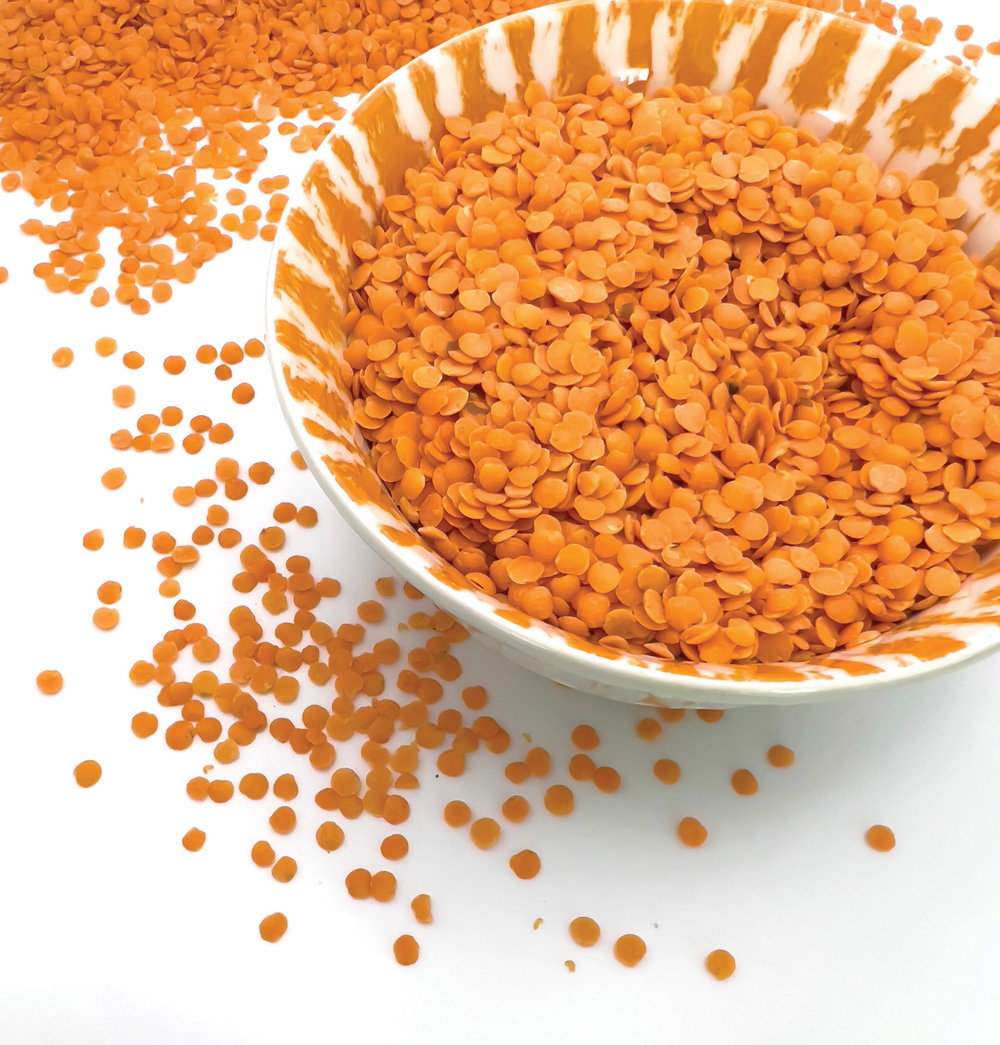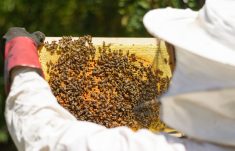Canadian lentil sales to India have slowed since Canadian Prime Minister Justin Trudeau said in late September that he suspected India of involvement in an assassination on Canadian soil.
The drop is linked to the fear that reprisal from New Delhi could limit trade, industry sources in both countries say.
Trudeau said that Canada was “actively pursuing credible allegations” linking Indian government agents to the murder of a Sikh separatist leader in British Columbia in June.
India’s foreign ministry called the allegations “absurd.”
Read Also

Trade uncertainty, tariffs weigh on Canadian beef sector as market access shifts
Manitoba’s beef cattle producers heard more about the growing uncertainty they face as U.S. tariffs, and shifting trade opportunities, reshape their market.
Canada is India’s main import source of lentils, a protein-rich staple used to make daal curry.
Reduced Indian purchases would likely cut the prices Canadian farmers receive during harvest. But such a move could also inflate India’s domestic food prices, which would be politically risky ahead of a national election in that country next year.
After a drop in output, India banned wheat exports last year, followed by a ban on non-basmati white rice this year to preserve supplies of those staples.
“Industry officials are concerned that there could be trade restrictions by the governments owing to current tensions between the countries,” said Nitin Gupta, senior vice-president of Olam Agri India, a major importer.
There are no such plans by India and New Delhi has not instructed importers to refrain from purchases, said a senior Indian government official, who declined to be named due to the sensitivity of the situation.
The Indian government has stopped issuing visas to Canadians and each country has expelled some diplomats.
Canada is not currently taking any action that would directly affect trade with India, said an official with the Canadian Global Affairs department, declining to be named.
Indian buyers bought significant supplies of Canadian lentils earlier in the year for delivery after harvest, said Kevin Price, senior export merchant at Winnipeg-based crop trader Parrish and Heimbecker.
“Obviously, we’re concerned about making sure [the sales] get executed,” Price said, adding that he’s not aware of any cancellations. “Do they want to take on more now? No. They’re taking a wait-and-see [attitude].”
Due to India’s poor crop, lentil prices are high. Since Trudeau’s comments, however, Indian offers for Canadian supplies have dropped six per cent to around $770 per tonne, Price said.
A second Canadian exporter said that, while Indian buyers have become hesitant, overall global demand for lentils remains strong.
Canada was the biggest supplier of lentils to India during India’s 2022-23 financial year, ended on March 31, with shipments of 485,492 tonnes worth $370 million. That was more than half of India’s total lentil imports, according to data from India’s trade ministry.
The trend had continued, with India’s imports of Canadian lentils from April to July jumping 420 per cent from a year ago to 190,784 tonnes, the trade ministry data showed.
India consumes around 2.4 million tonnes of lentils annually, but local production falls short at 1.6 million tonnes, said Bimal Kothari, chair of the India Pulses and Grains Association.
Indian buyers are now seeking lentils from Australia and slowing purchases from Canada, said a Mumbai-based dealer with a global trading firm, who was not authorized to speak publicly.
“Inflation within the pulses group is currently very high, making Canadian lentils a critical need for India. Any measures taken to restrict imports would likely contribute to inflation, and New Delhi would likely avoid such actions,” the dealer said.















